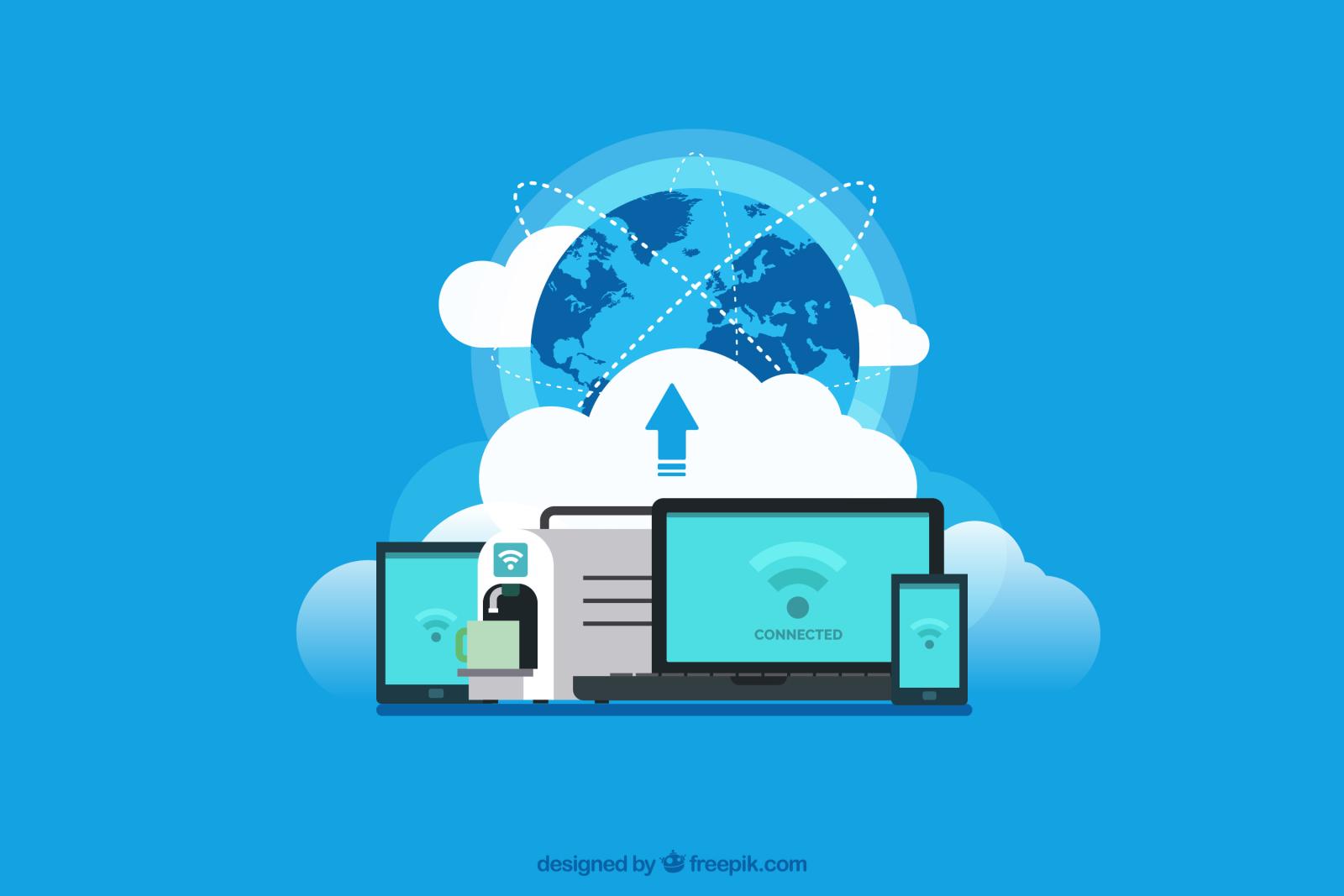Notifications

6 minutes, 40 seconds
-61 Views 0 Comments 0 Likes 0 Reviews

In today’s digital world, businesses of all sizes rely heavily on their IT infrastructure to operate efficiently. However, unforeseen events such as cyberattacks, natural disasters, hardware failures, and human errors can lead to significant data loss and downtime. A robust disaster recovery and data backup strategy is crucial for business continuity. Managed IT Services play a vital role in strengthening these strategies by offering proactive support, advanced backup solutions, and rapid recovery mechanisms.
Disaster recovery and data backup are two fundamental aspects of IT security. While data backup involves creating copies of essential files and systems to restore them in case of data loss, disaster recovery encompasses the broader strategy of resuming business operations after an IT disaster. Managed IT Services provide comprehensive solutions that integrate both aspects, ensuring businesses are well-prepared for any disruption.
One of the key benefits of Managed IT Services is their ability to proactively monitor IT environments. Through continuous network monitoring, potential threats are identified and mitigated before they escalate into major issues. By utilizing AI-driven threat detection and real-time analytics, Managed IT Service providers prevent cyberattacks, malware infections, and unauthorized access that could compromise data integrity.
Managed IT Services offer automated and secure data backup solutions that ensure business-critical data is regularly copied and stored in a safe location. These backups can be:
On-Premises Backups: Stored within the company’s local servers.
Cloud Backups: Hosted in secure, off-site cloud environments for added redundancy.
Hybrid Backups: A combination of both on-premises and cloud storage, ensuring maximum data protection.
Automated backups minimize human errors and ensure that the latest version of data is always available for recovery. This eliminates the risk of manual backup failures and enhances data security.
Traditional disaster recovery methods often involve time-consuming processes that delay business continuity. Managed IT Services integrate cloud-based disaster recovery solutions that offer faster recovery times. Cloud disaster recovery enables businesses to:
Restore data quickly with minimal downtime.
Access backups from any location.
Scale storage capacity as needed.
With cloud-based recovery solutions, businesses can maintain operational efficiency even in the face of unexpected disasters.
Data security is a top priority for businesses, especially those handling sensitive customer information. Managed IT Services implement robust encryption techniques to protect data from unauthorized access. Additionally, they ensure compliance with industry regulations such as:
HIPAA (Health Insurance Portability and Accountability Act)
GDPR (General Data Protection Regulation)
PCI-DSS (Payment Card Industry Data Security Standard)
By adhering to these compliance standards, businesses can avoid legal penalties and build customer trust.
A well-documented disaster recovery plan is essential for businesses to respond effectively to IT disasters. Managed IT Service providers develop customized disaster recovery plans tailored to an organization’s specific needs. These plans include:
Defined recovery objectives (RPO – Recovery Point Objective & RTO – Recovery Time Objective).
Step-by-step response procedures.
Regular disaster recovery drills to test effectiveness.
Frequent testing ensures that the recovery strategy remains up-to-date and functional, reducing downtime in real-life scenarios.
Downtime can lead to significant financial losses and reputational damage. Managed IT Services minimize downtime by implementing failover systems, redundant storage solutions, and real-time data synchronization. This ensures that businesses can continue operations with minimal disruptions, even in the face of IT failures.
IT emergencies can occur at any time, and immediate action is crucial to minimize damage. Managed IT Services provide round-the-clock support with dedicated IT professionals ready to address any technical issues. Their rapid incident response team quickly identifies and resolves issues, preventing prolonged disruptions.
Building an in-house IT team to manage disaster recovery and backup can be costly. Managed IT Services offer a cost-effective alternative by providing expert solutions at a predictable monthly fee. Businesses can benefit from advanced IT infrastructure without the expenses associated with hiring, training, and maintaining an internal IT team.
Disaster recovery and data backup are critical for business resilience. By leveraging Managed IT Services, businesses gain access to proactive monitoring, automated backup solutions, cloud recovery, and 24/7 support. These services enhance data security, minimize downtime, and ensure seamless business continuity. Investing in Managed IT Services is not just an IT decision; it is a strategic move toward safeguarding business operations against unexpected disasters.
With a reliable Managed IT Services provider, businesses can focus on growth and innovation, knowing that their IT infrastructure is secure, resilient, and ready to handle any challenges that come their way. Whether it’s cyber threats, hardware failures, or natural disasters, having a robust disaster recovery plan powered by Managed IT Services ensures business continuity and long-term success.

